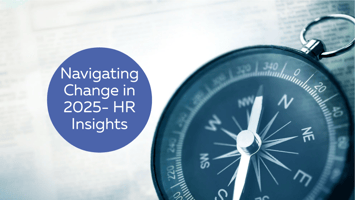Hiring the right person is one of the most impactful decisions any organization can make. Whether...
Imagine this: You hire a candidate who looks perfect on paper. They have the right skills, the right experience, and they aced the interview. But within months, things start to unravel. Projects fall behind, team morale dips, and suddenly, you’re back to square one, posting job ads and starting the hiring process all over again.
Sound familiar?
The truth is, bad hires don’t just cost money—they create a ripple effect that impacts every aspect of your business. From lost productivity to cultural erosion, the consequences of a mismatched hire can linger long after they’re gone.
But here’s the thing: Hiring is hard.
If you’ve ever made a bad hire, you’re not alone. Most hiring managers are doing their best with the tools, time, and resources they have. They’re juggling tight deadlines, competing priorities, and the pressure to fill roles quickly. And let’s be honest—no one sets out to make a bad hire.
The problem isn’t the people making the decisions. It’s the process.
The Hidden Costs of a Bad Hire
When we think about the cost of a bad hire, we often focus on the obvious: recruitment fees, training expenses, and severance packages. But the real cost goes much deeper:
- Lost Productivity: A bad hire can slow down projects, create bottlenecks, and force your top performers to pick up the slack. This not only delays progress but also burns out your best employees.
- Cultural Erosion: One misaligned hire can disrupt team dynamics, lower morale, and even drive your star players to leave. Culture is fragile, and it only takes one wrong person to undo years of careful cultivation.
- Reputation Damage: In client-facing roles, a bad hire can harm your relationships with key stakeholders. Whether it’s missing deadlines, poor communication, or unprofessional behavior, the damage to your brand can be hard to repair.
- Opportunity Cost: Every moment spent managing a bad hire is a moment you could have spent growing your business. The time and energy wasted on fixing mistakes or starting over could have been invested in innovation, strategy, or building your team.
The Human Side of Bad Hires
It’s not just businesses that suffer when a hire doesn’t work out. The individual in the role is often just as impacted—if not more.
Think about it



